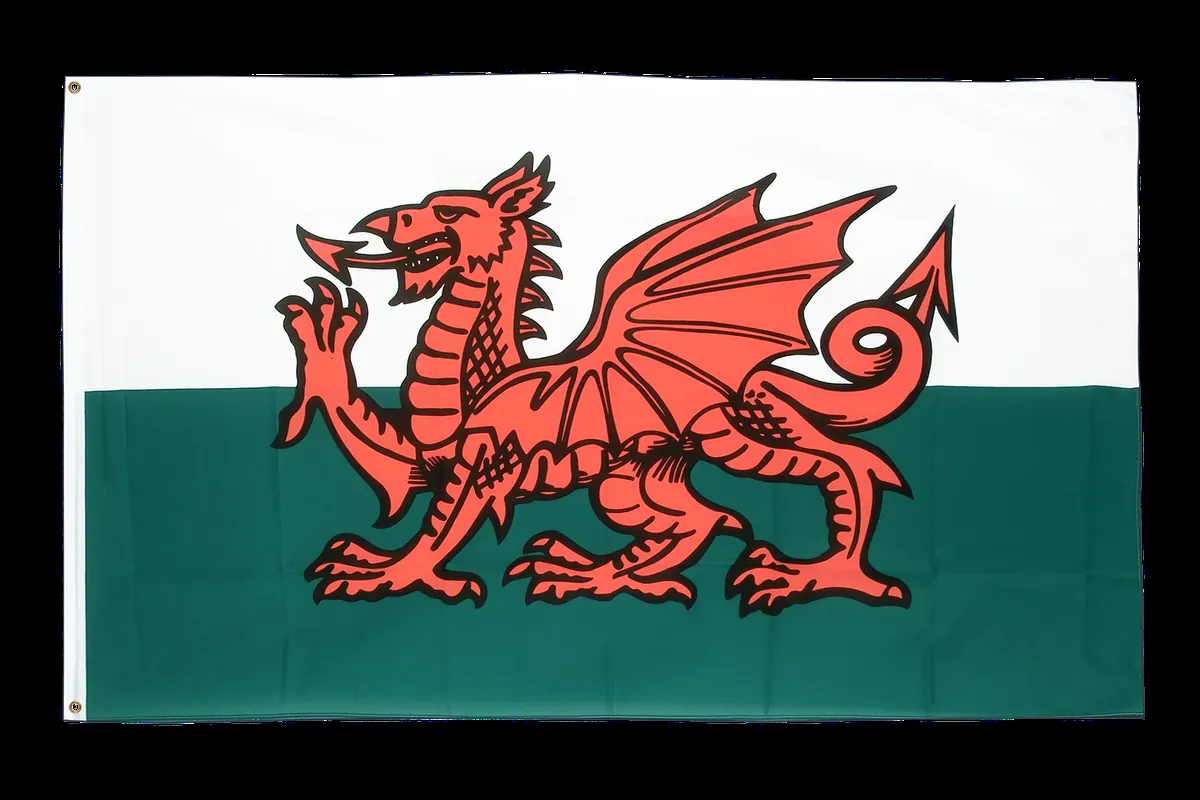Welsh Language Policies Spark Debate on Cultural Identity in UK
Recent language policies in Wales ignite discussions on cultural preservation and perceived anti-English sentiment. The article explores the complexities of regional identities and the future of Britishness in a changing UK landscape.

In recent developments, Wales has implemented policies that have sparked debates about cultural preservation and perceived anti-English sentiment. These measures include restrictions on second-home ownership, opposition to certain housing developments, and changes in school transport policies favoring Welsh-language education.
While these actions may appear discriminatory at first glance, they are rooted in the complex history of Welsh language revival and cultural preservation. Margaret Thatcher and John Major, both Conservative Prime Ministers, played significant roles in promoting the Welsh language. Thatcher launched a Welsh TV channel and supported Welsh language education, while Major's 1993 legislation put Welsh on equal footing with English in public affairs and the justice system.

The promotion of Welsh is not merely a cultural endeavor but a statutory duty. Currently, approximately 29% of the Welsh population can speak Welsh, and the government aims to reach 1 million Welsh speakers by 2050. This ambitious goal reflects the language's importance in preserving Welsh identity and culture.
"The Welsh language is not just a means of communication; it's a living heritage that connects us to our past and shapes our future."
The revival of Welsh is part of a broader trend in the UK. In Cornwall, the once-extinct Cornish language is now taught in 40 primary schools. During a royal visit to Guernsey in July 2024, the King and Queen were addressed in Guernésiais, a Norman French dialect, highlighting the linguistic diversity within the British Isles.
However, the article argues that devolution has inadvertently created divisions within the UK. The author criticizes left-wing parties for attempting to create a nationalism free of ethnicity, suggesting this is ultimately impossible. The recent BBC drama "The Way" is cited as an example of how Welsh identity is often portrayed in contrast to English stereotypes.
The piece also highlights a perceived double standard in cultural expressions. While Welsh or Scottish cultural pride is often celebrated, English cultural identity is sometimes viewed negatively, associated with historical imperialism. This disparity is seen as detrimental to the concept of Britishness, which the author argues is losing its ideological purpose.
A 2020 poll revealed that 39% of Welsh Labour voters favored independence, indicating a shift in attitudes towards the Union. The article suggests that unless there is a concerted effort to redefine and promote Britishness, the UK may face further divisions along cultural and linguistic lines.
In conclusion, the article calls for a reevaluation of British identity that acknowledges regional cultures while fostering a sense of unity. As the UK continues to grapple with these complex issues, the balance between preserving local traditions and maintaining a cohesive national identity remains a significant challenge.


































